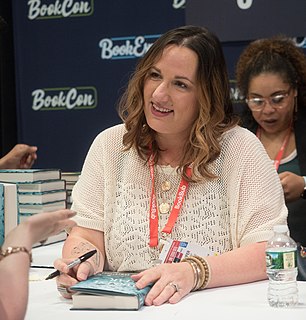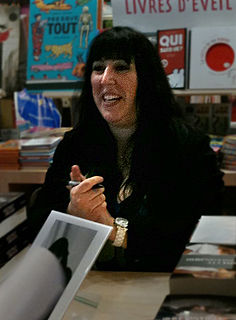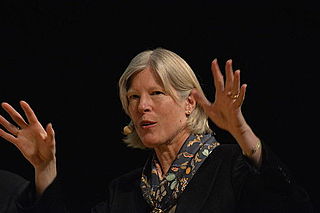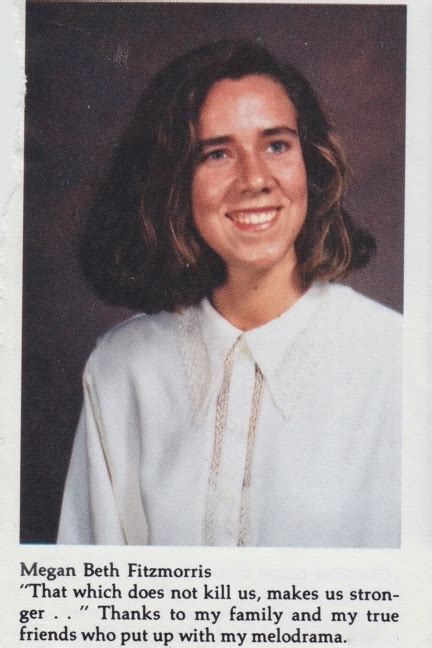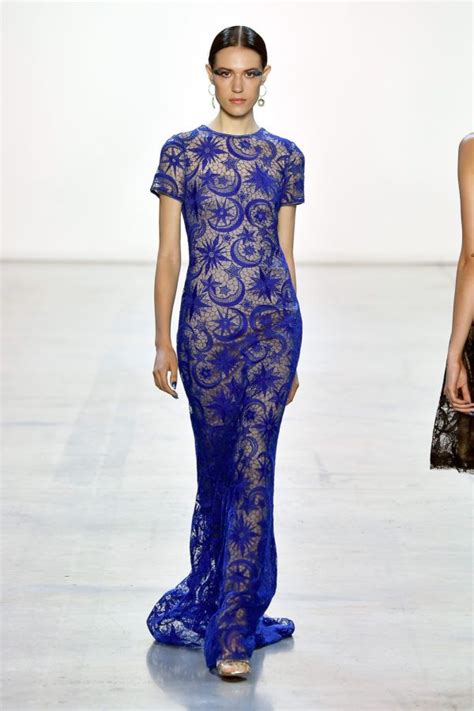A Quote by Katee Sackhoff
I read YA novels constantly, so I really want to be in a young adult rom-com, but I worry that I'm aging into the parent role, which is a little scary.
Related Quotes
I've published over 100 books - and that is divided about 50/50 adult and young adult. Lately, I have been writing more YA, which is such a great genre to write it. I don't have a favourite (I usually say it's the last book I've written), but certain books do stick in the mind. My very first YA novel, The Children of Lir, will always be special to me, and, of course The Alchemyst because it was a series I'd wanted to write for ages.
In interviews, the first question I get in America is always: 'What do you do to stay young?' I do nothing. I don't think aging is a problem ... I'm so surprised that the emphasis on aging here is on physical decay, when aging brings such incredible freedom. Now what I want most is laughs. I don't want to hurt anybody by laughing -- there is no meanness to it. I just want to laugh.
I had to audition for Fandango. When I read the script, the role that was interesting - so everyone thought - was the role that Costner played. He was the cool guy. And I read the script, and my representation at the time said, "That's the role you should read for." And I was like, "Really? How about I read for this other role." And they went, "Well, you're not going to get that role."




